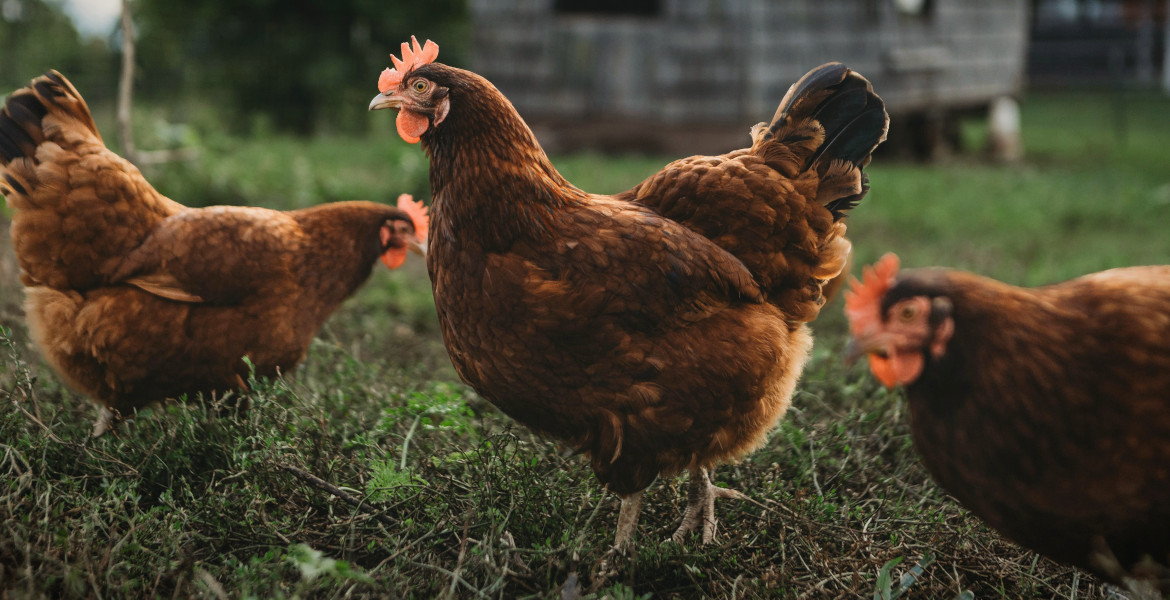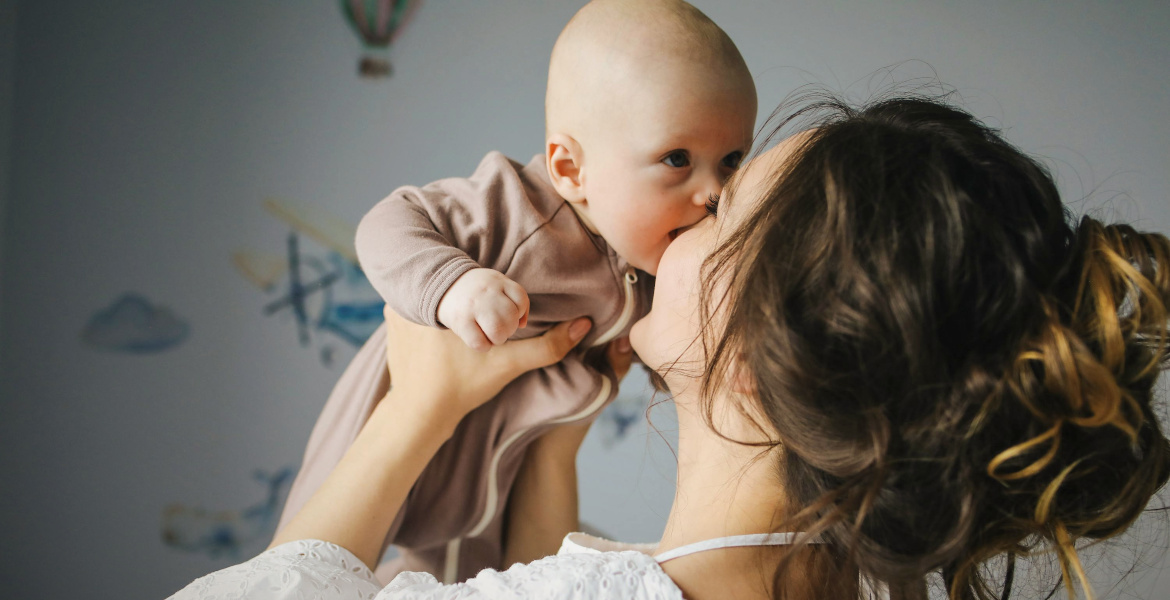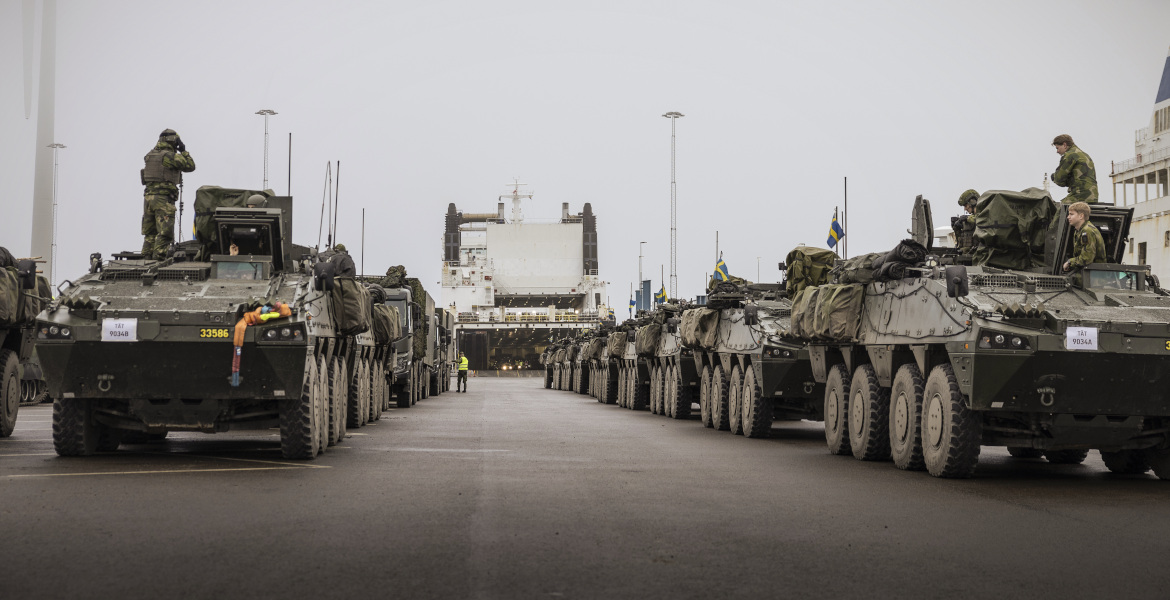In connection with Sweden’s accession to NATO, prime minister Ulf Kristersson (M) assured that Sweden will contribute a lot to the US-led military alliance and will be a committed and active member.
One of the areas that Sweden will focus on is contributing to the military alliance’s “gender equality work” – something that the Swedish Gender Equality Agency (Jämställdhetsmyndigheten) says is a top priority.
– The Swedish Defence Research Agency’s independent review emphasizes that it is important for top management to support gender equality work in NATO. This becomes an issue for Sweden as a member. Sweden has a new action plan for women, peace and security that runs from 2024 to 2028. Fifteen agencies, including the Swedish Gender Equality Agency, are tasked with contributing to the implementation of the plan and achieving its goals, says Annika Karlsson, head of unit at the Swedish Gender Equality Agency.
She points out that the whole of defence in both national and international activities “must integrate a gender perspective” and that this is something that can also help other NATO countries.
– Sweden also has a lot of experience in working with gender equality in the armed forces, including the Nordic Centre for Gender in Military Operations within the Armed Forces, which provides international training, for example for gender advisers in NATO, the UN and the EU.
– Sweden also has a lot of knowledge and experience in working with gender mainstreaming in peace and security, through the Folke Bernadotte Academy, but also in civil society, she says.
Few women in NATO
Karlsson says that there are “significantly fewer women than men on both the military and civilian sides of the organization” and that NATO is therefore actively working to “improve the gender balance in all institutions”.
– At the same time, an independent review by the Swedish Defense Research Agency (FOI) shows that there are several weaknesses in NATO’s work on women, peace and security. Among other things, the report points out that NATO has difficulty recruiting women, especially to senior positions, and that leaders lack knowledge about how to integrate gender equality into their areas of responsibility.
However, it emphasizes that NATO is based on UN Security Council resolutions and is already working on some of these issues, including “working towards a more equal distribution of women and men” and “implementing gender perspectives in the work of the Organization”.








